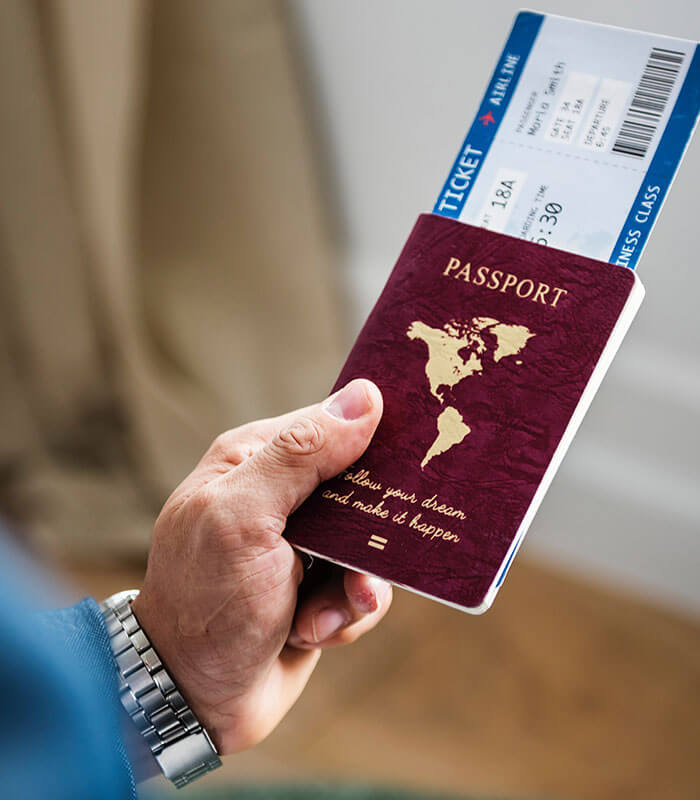
Plenty to think about before you even leave your home country
Your Open Door to New Opportunities…
Any European Union citizen is entitled to live and work freely in another EU country. So how easy is it to find work in Spain? That depends on various factors, including your profession and where you have settled, but it is rarely easy – especially bearing in mind that Spain is still emerging from the personal trauma and economic meltdown of massive official unemployment during the crisis years.
That shouldn’t necessarily put you off, but bear in mind that relocation is a huge decision and obviously it’s not a sensible idea to pack up your belongings, hop on a plane and hope for the best when you arrive. Good preparation and research, together with solid support and sound advice, are the key ingredients to smoothing the path to success in your new life and career.
"It's important that you are financially secure so you can do your job-hunting without any financial pressure"
Find your new home in Spain. Properties for sale on the Costa del Sol
Be Prepared!
Ian Hancock, a partner at the Recruit Gibraltar recruitment agency, stresses the importance of good preparation. “There's plenty to think about before you even leave the UK," he says. "Forward your CV to an agency as early as possible. Remember things like healthcare – before you can be treated in Spain, you'll need to produce a European Health Insurance Card (EHIC, known in Spain as a Tarjeta Sanitaria Europea), which has replaced the former E111 form and which you can use temporarily until you register with the Spanish Social Security system (Healthcare in Spain).
“You should also open a bank account and, my number one tip, learn some rudimentary Spanish.
“It's a good idea to spend some time here on a research trip, especially if you don't know the area well. A prospective employer would expect you to be fairly familiar with the area. At the same time you can find out about reputable recruitment agencies, and visit them to get some advice about CV presentation.

Finding the right job could take quite some time
"Once you arrive in Spain, you must make sure you're legally employable," says Hancock. "The first thing to get hold of is a Foreigner's Identification Number, which is required for all kinds of transactions and official business in Spain, including getting a job."
This number is called an NIE (Número de Identificacíon de Extranjero). Go to your local National Police station as soon as you arrive and complete an application form. You'll need your passport and a photocopy, proof of residence (such as your rental or sales contract) and plenty of passport-size photographs.
“One of the most important things to remember,” according to Ian Hancock, “is to bring enough money to live on for several months, as it may take a while until you find the right job. It's important that you're financially secure so that you can do your job-hunting without any financial pressure.
“If you're wondering what it's really like working in Spain, well, that depends very much on your employer and whether the company is an international one or a Spanish one. Those looking for an easy ride, take note: Spanish employees work just as hard as their UK counterparts – they just do so in different ways. Forget about mañana! Salaries aren't usually as high as in the UK, but the cost of living is comparatively low, so that balances things out."
Would you like to find the property that's perfect for you?
 en
en



 Vlaams-Nederlands
Vlaams-Nederlands